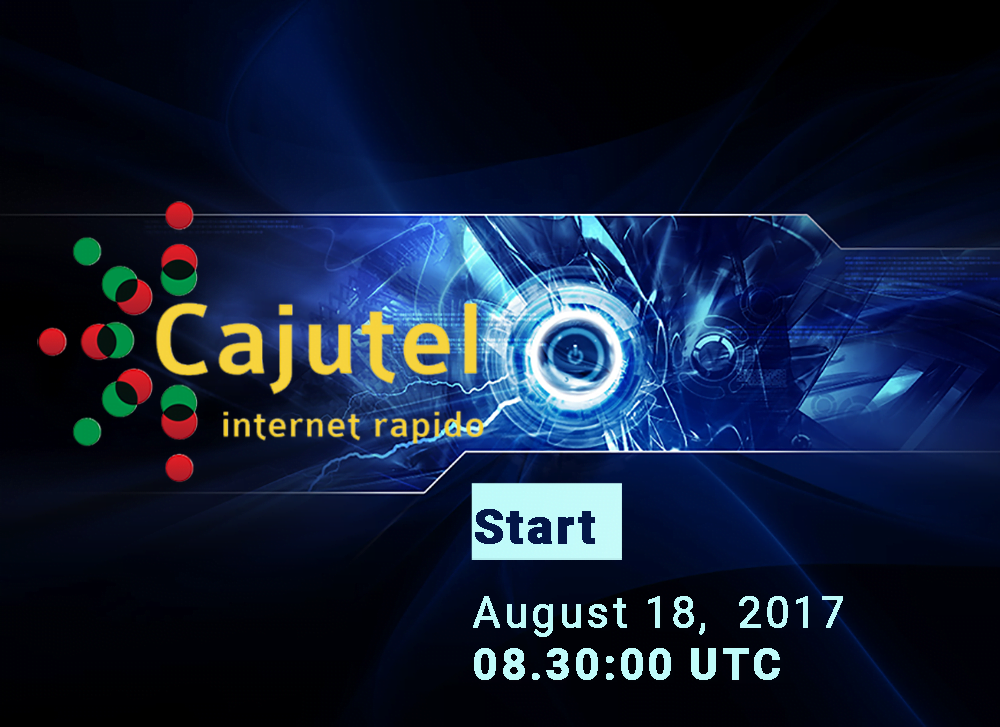The current non-availability of infrastructure in most West African countries make the region a very viable market for new entrants, especially in areas of technology and internet service providing.
Internet is key to development
Internet has become one of the most vital tools for the development of any given people. To a large extent, the level of advancement of any nation is linked to its advancement in the industry of telecommunication.
Over the years, internet has proven to be a significant element in the educational, relationship and economical development of nations. Countries where internet service is limited have exhibited significant levels of deficiency in the above mentioned areas. This is a phenomenon that is pronounced in most parts of sub-saharan Africa.
The Sub-saharan peculiarity
Unlike their European counterparts, internet encroachment is slow in these areas due to the absence of the underlying physical infrastructure such as underground cables and transmitters. This implies that major internet service providers launching into these regions are required to engage in both facility installation and providing the actual internet service.
Another aspect of the underlying technology that is not very readily available in the developing regions is electricity. Therefore, emerging companies also have the issue of independent power generation to deal with most of the time.
Catujel to the rescue
Native internet service provider with an original base in Switzerland, Cajutel is embarking on a mission to build a robust high speed internet service for the people of Guinea-Bissau.
The CEO of Cajutel, Andreas Fink explains that his company is developing its own entire ecosystem from the scratch. This would include the installation of needed radio infrastructure, laying the fibre to connect these radios to the existing coastal internet sources, and also generating its own independent energy.
However, Fink explains that in the long run, the companies running cost will be cheaper since there will be no monthly or quarterly payments for energy and other necessary facilities.
Fink is involved in the telecommunications industry in different countries across the world. One of Fink’s companies DataCell ehf operates a datacenter in Reykjavik, Iceland and has been the credit card processor of Wikileaks since 2010 with all kinds of consequences.
In essence, Cajutel is said to be embarking on a nation building project as the service is expected to increase the internet quality currently enjoyed by the people of Guinea-Bissau and her neighbours by a factor of 10x to 100x, while reducing cost of service by up to 30%.
A unique ICO
To achieve its goals, Cajutel is embarking on an ICO in order to raise the needed capital for this project.
“This has become necessary due to the existing difficulty in getting huge investors and venture capitalists to embrace the project using existing traditional processes. Cajutel’s ICO is different from most other token sales because in Cajutel’s case, company shares are exchanged for cryptocurrencies. Unlike other ICOs where tokens bought by investors exist afterwards as independent entities in the cryptocurrencies marketplace, Cajutel’s tokens are tied directly to the project as shares”, says Fink.
Considering the importance of high speed internet to modern day development, also seeing the response of countries like Ghana, Nigeria and other West African countries, Guinea-Bissau appears to be a ready market that is waiting to be tapped into. This impression is further encouraged by the friendliness of the government towards new investors entering the nation.
Catujel’s ICO approach is an offer towards long term benefits for all classes of investors from anywhere in the world. This is made possible by the decentralized nature of blockchain technology.
ICO participants will automatically become company shareholders who will be involved in future decision making processes of the company and also remain beneficiaries of the expected expansion benefits as the company spreads its services across the region and beyond.
Fink explains:
“Cajutel is looking for an investment of $30 mln to cover Guinea-Bissau and Guinea (the big plan), or a minimum of $12 mln for a slower building plan to only cover Guinea-Bissau. This is a target that the company plans to use in achieving a revolutionary nation-building procedure, considering the fact that its present competitors are just two mobile operators MTN and Orange, offering Internet speeds that are limited to 256kbps ($60/month) while business offerings go up to 1Mbps ($1400/month).”
Building a nation
Nation building is a vital process that involves dedication and cooperation from all parties involved. These parties include the government, the citizens and the company.
With the hand of friendship extended by the government of Guinea-Bissau, the enthusiasm of its citizens towards infrastructural and economic development, the expertise and dedication of the Catujel team stands as the final piece to the puzzle to lift the West African nation unto the pride-land of progressive nations.
Disclosure: This is a Sponsored Article.

